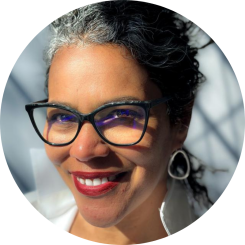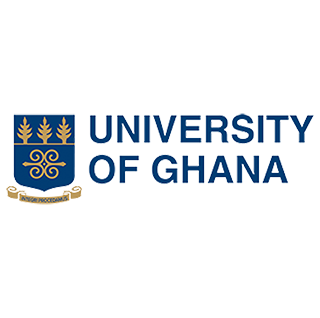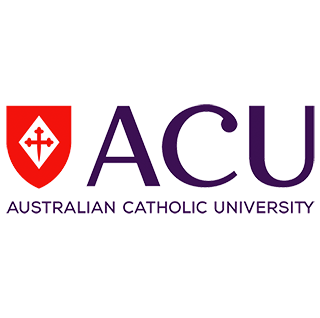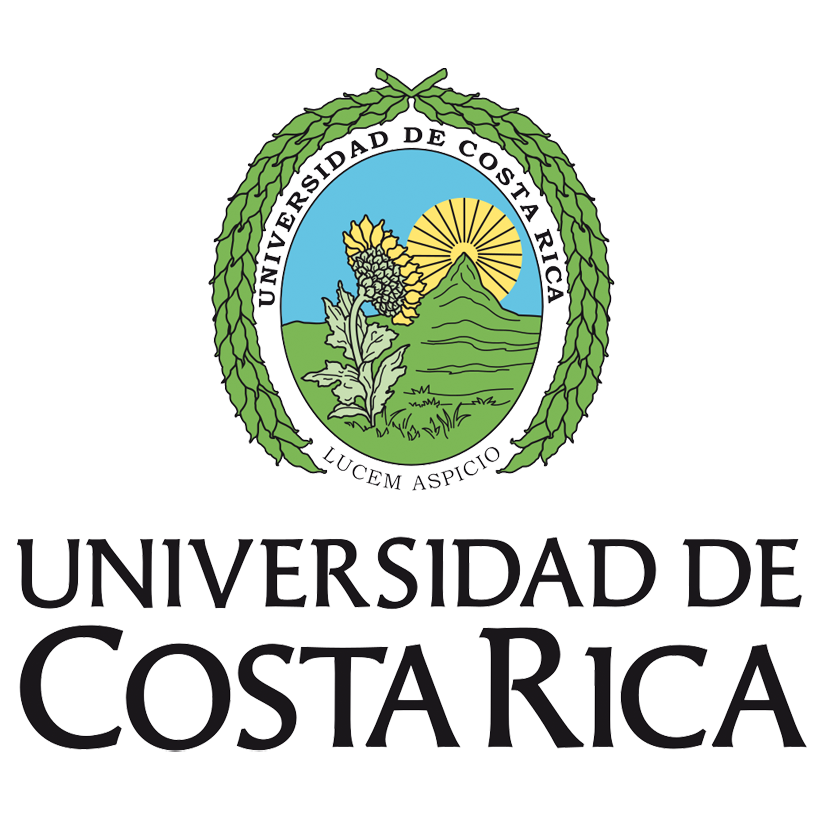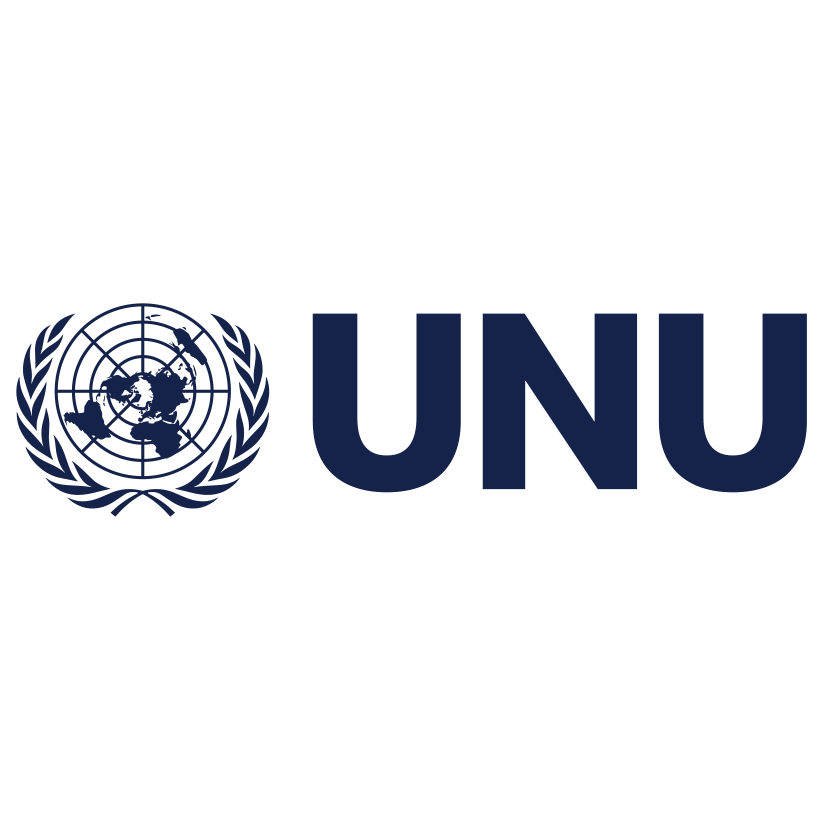The EthicsLab is a contributor to the Global Health Solidarity Project, an international collaboration aiming to develop an index measuring solidarity in global health research. This index will serve as a tool for self-examination, transformation, and accountability within the global health community.
Led by the University of Ghana, the project is currently working across different settings and countries to develop a global understanding of practices and concepts of solidarity that should be considered in developing the index. When this work is complete, the overall project team and the EthicsLab will work together to identify metrics and methodologies for measurement.
The Global Health Solidarity Project
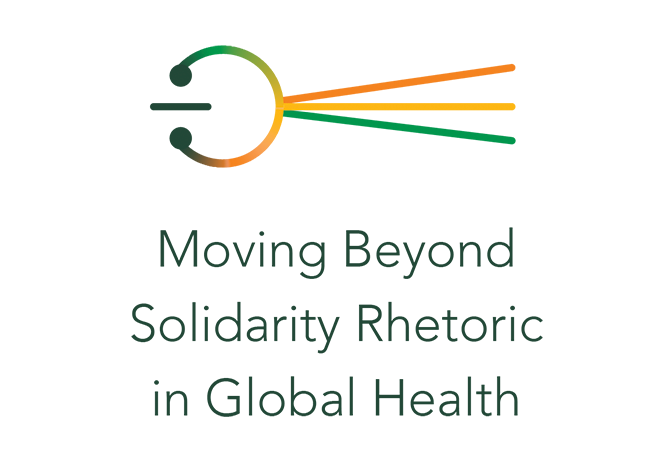
The COVID-19 pandemic powerfully illustrated the need for solidarity and assisting others – whether in support of national healthcare systems or equitable vaccine distribution globally. It also illustrated that solidarity means different things to different people and organisations. Whilst there are multiple definitions of and clear demands for “solidarity” during this time, the concept was used mainly rhetorically by powerful international actors who failed to meet these demands. We are trying to understand better how the institutions that say they stand in solidarity with others can be held accountable.
Engagement and impact
The work: EthicsLab for the Global Health Solidarity Project
South Africa and the region have a rich history of solidarity. A mere three decades ago, the country relied extensively on anti-apartheid solidarity movements, campaigns, and networks that helped end apartheid in the country. The reach, breadth and enduring impact of the solidarity experienced at that time cannot be underestimated. From across the African continent to all corners of the Northern Hemisphere, tens of thousands of people and organisations stood with the oppressed people of South Africa. The various forms of campaigns and multiple articulations of solidarity at the time are testimony to the power of solidarity to incite and achieve change. Today still, solidarity is woven into the political, social and economic fabric of the country and finds many different forms of expression.
In our work, we seek to honour this history and draw on it to what solidarity is in this part of the world. We also seek to understand the potential and significance of solidarity as a concept. Against this background, we host a series of conversations with people who have been actively involved with solidaristic activities to gain insights into questions such as,
- Would one consider the act of standing in solidarity transformative? How does engaging in solidarity shape one?
- What can we learn about what it means to live an ethical life from experiences of individuals who stood in solidarity with others?
- What is the role of solidarity in health care in South Africa?
To do this, the EthicsLab draws on political theory, philosophical and political economy perspectives as well as embedded experiences and situated knowledges rooted within African realities.
The index: Empowering actors in the global health community
The envisioned Global Health Solidarity Index, developed collaboratively with all project teams, seeks to empower actors within the global health community to reflect on their practices, effect positive change, and be held accountable. By fostering dialogue on effective solidarity practices across diverse contexts, the index seeks to promote justice and advance a fair global health system.
Importantly, the index does not seek to prescribe a singular blueprint for solidarity or present solidarity as a static concept. Instead, it encourages ethical action, meaningful accountability, and a solidarity praxis rooted in interconnectedness with each other and nature. This approach acknowledges the necessity of envisioning and creating a more just world for present and future generations and ecosystems.

